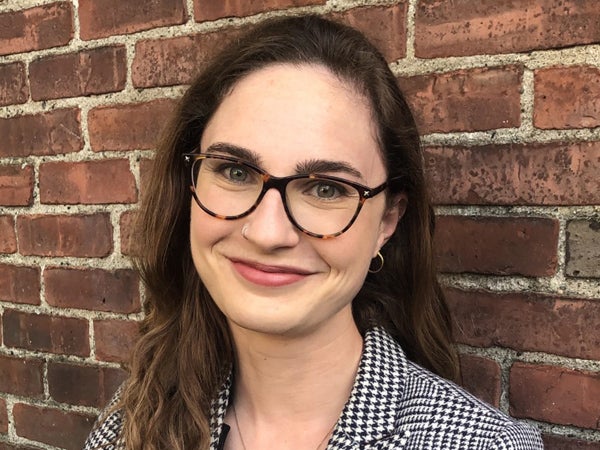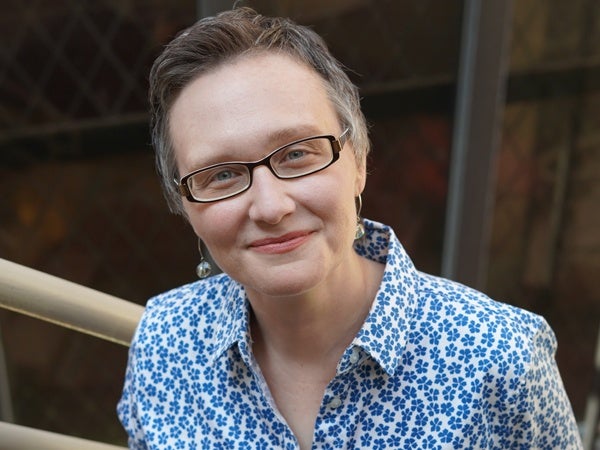Harvard Sloan Fellow on Aging and Work Leah Abrams, PhD, is an author on a paper published in The Journals of Gerontology, Series b that finds that middle-aged adults who experienced an “unexpected work exit” suffered from more depressive symptoms, whereas working longer than planned was not associated with an increase in these symptoms (except among Hispanic respondents).
The best-laid plans for retirement…
Harvard Sloan Fellow on Aging and Work Leah Abrams, PhD, recently published one of her dissertation papers in the journal Ageing & Society that found that among a cohort of Americans ages 51 – 61, it is common to have unmet expectations about retirement timing (e.g. working a shorter or longer time period than expected). “… policies that aim to incentivize longer work are limited by the fact that many…
“This experiment has failed:” Beth Truesdale on shifting the burden of security in retirement to individuals
Harvard Pop Center Research Associate Beth Truesdale, PhD, has penned a Letter to the Editor published in The Boston Globe that calls for strengthening Social Security and employer-based retirement plans. Beth is currently co-editing a volume titled Overtime: America’s Aging Workforce and the Future of “Working Longer.” This project, which is funded by the Alfred P. Sloan Foundation, gathers an interdisciplinary community of scholars to examine how changes in health,…
What might encourage older people to stay in workforce longer?
Harvard Pop Center faculty member Nicole Maestas, PhD, is author on a working paper that studies the role that job characteristics (and preferences for these characteristics) play in influencing whether a person stays in the workforce or transitions to retirement.
Married women who retire when their husbands do may be making a financial mistake
An NBER working paper by faculty member Nicole Maestas, PhD, that illustrates how the financial returns for working later in life may be greater for women than for men is catching attention in the media.
Planning for retirement? Cut costs now & later, work longer, leverage employer savings plans
Harvard Pop Center faculty member David Laibson, PhD, shares tips on how to prepare for retirement in this USAToday.com piece.
Does retirement really lead to worse health? A closer look at women & men in Europe
Although it has been suggested that retirement can be bad for your health, Harvard Pop Center Bell Fellow Philip Hessel, PhD has taken a look at longitudinal data using an instrumental variables approach and his findings, published in Social Science & Medicine, suggest otherwise. Positive effects of retirement on health were found to exist for low as well as high educated men and women.
Length of time spent in retirement impacts some measures of social engagement
Recent Harvard Pop Center Fellow Erika Sabbath, ScD, and Pop Center Director Lisa Berkman, PhD, are co-authors on a study published in European Journal of Ageing that suggests that disparities in social engagement may become apparent across the retirement transition.
Occupational Exposure and Retiree Health
Study by Pop Center director Lisa Berkman, faculty member Maria Glymour and research fellow Erika Sabbath investigates whether health effects of combined occupational exposures during working life are observed after individuals retire and are no longer exposed.


